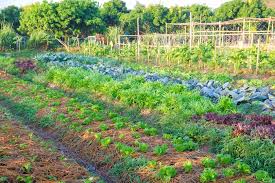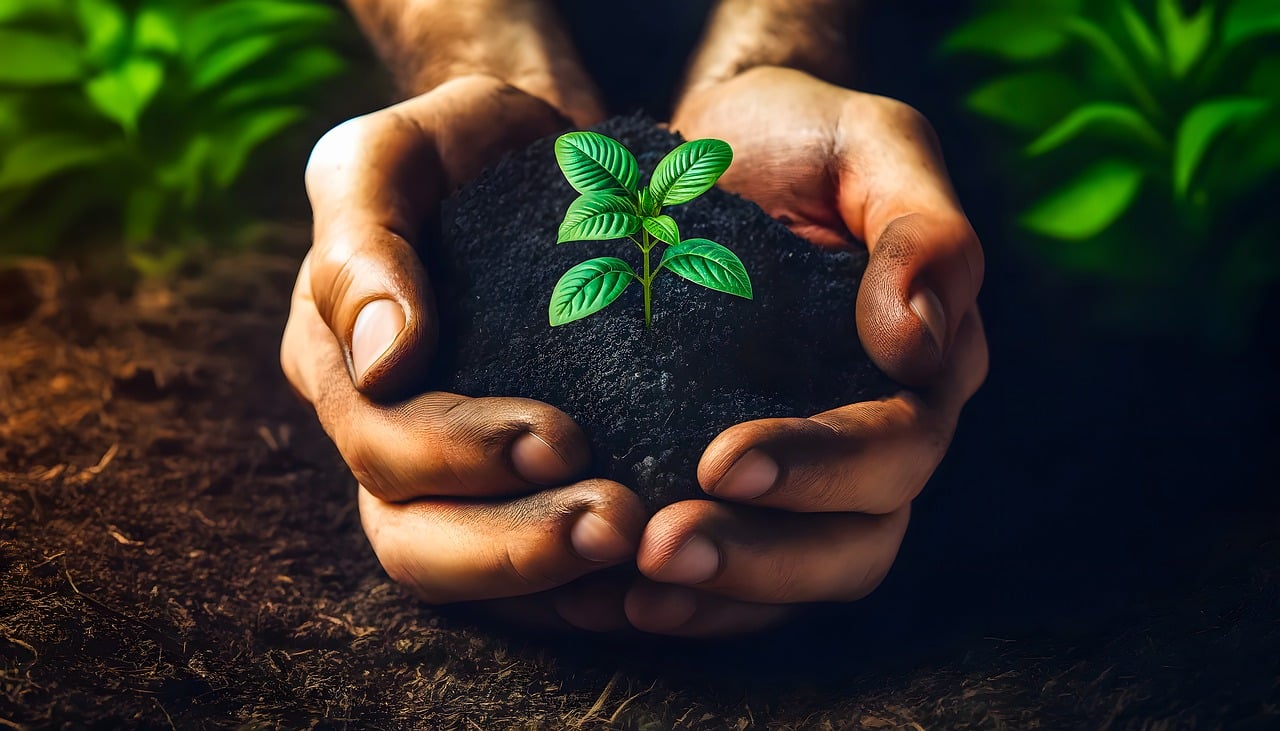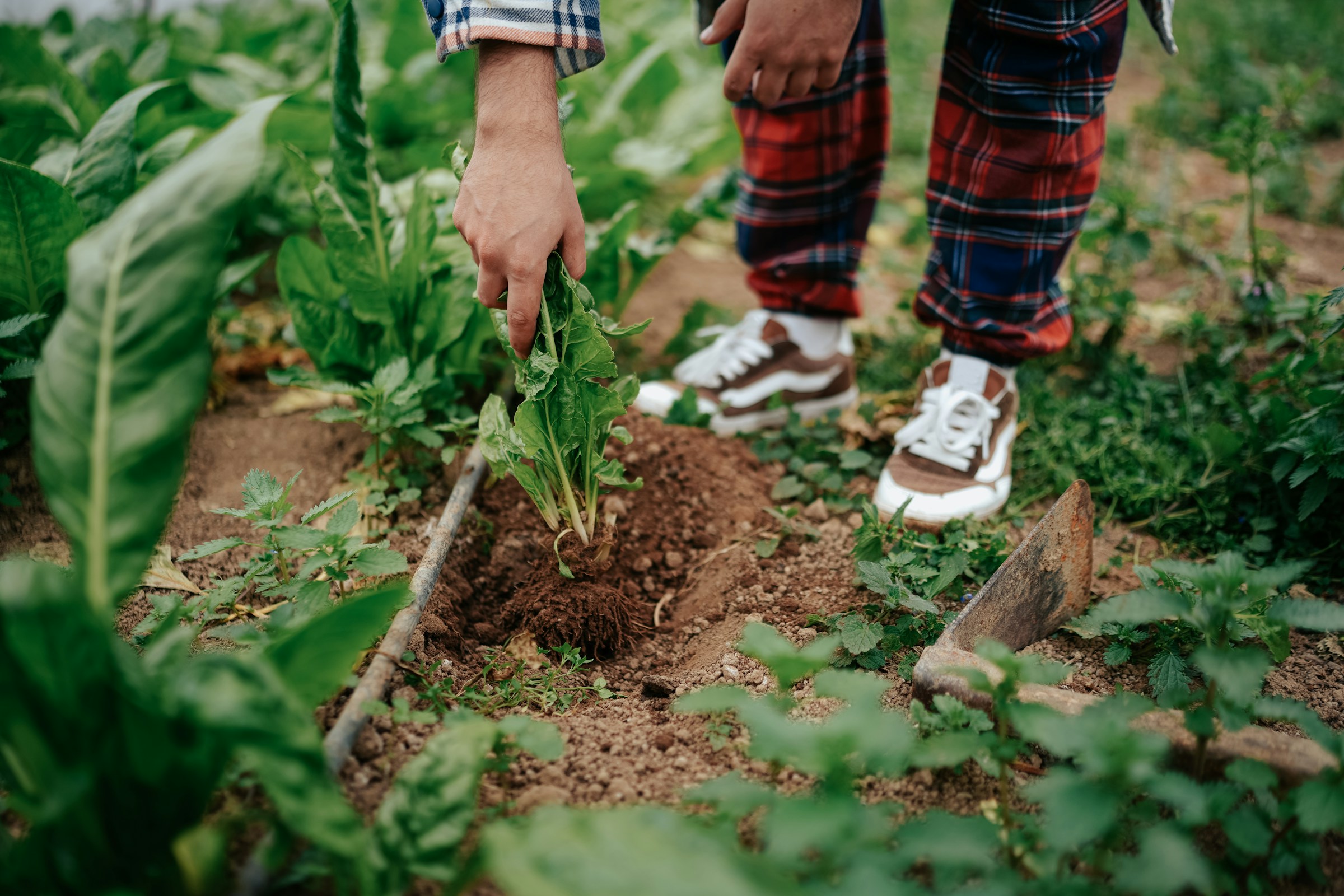Unlocking the Secrets of Organic Gardening
In the realm of gardening, where soil, sun, and seeds converge, lies an art as old as civilization itself. Yet, in the modern age, the approach to gardening has evolved, with a growing emphasis on sustainability and environmental consciousness. Organic gardening methods have emerged as a beacon of eco-friendly cultivation, offering a pathway to nurture our green spaces while safeguarding the planet. Let’s delve into the profound importance of embracing organic gardening practices.
Preserving Soil Health
At the heart of organic gardening lies a profound respect for soil health. Unlike conventional methods that rely on synthetic fertilizers and pesticides, organic gardening prioritizes the use of natural amendments such as compost, manure, and organic matter. By nourishing the soil with these organic inputs, gardeners foster a thriving ecosystem underground, teeming with beneficial microbes and earthworms. This vibrant soil ecosystem not only enhances plant growth but also sequesters carbon, mitigating the impacts of climate change.
Protecting Biodiversity
In an organic garden, diversity reigns supreme. By eschewing chemical interventions, organic gardening methods promote a harmonious balance between pests and beneficial insects. This biodiversity not only enriches the garden but also attracts pollinators such as bees and butterflies, essential for the reproduction of flowering plants. Moreover, by cultivating a diverse array of crops, organic gardeners reduce the risk of monoculture and the associated susceptibility to pests and diseases.
Nurturing Human Health
The fruits of organic gardening extend beyond the boundaries of the garden bed, reaching into the realm of human health. By eliminating the use of synthetic chemicals, organic produce ensures that what ends up on our plates is free from harmful residues. Studies have shown that organic fruits and vegetables boast higher levels of antioxidants and essential nutrients, offering a wholesome bounty for our bodies. Moreover, by reducing exposure to pesticides, organic gardening contributes to the well-being of gardeners and their families, fostering a healthier way of life.
Promoting Environmental Sustainability
In a world grappling with environmental challenges, organic gardening emerges as a beacon of sustainability. By embracing natural fertilizers and pest control methods, organic gardeners minimize their carbon footprint and reduce reliance on fossil fuels. Furthermore, organic practices such as crop rotation and companion planting enhance soil fertility and water retention, mitigating the impact of drought and soil erosion. In essence, organic gardening embodies a holistic approach to cultivation, one that honors the interconnectedness of all living beings.
Empowering Communities
Beyond its ecological benefits, organic gardening serves as a catalyst for community empowerment. From urban gardens to rural homesteads, organic cultivation fosters a sense of connection to the land and to each other. Community gardens provide a space for shared knowledge and resources, empowering individuals to take control of their food systems. Moreover, by supporting local farmers and artisans who embrace organic practices, consumers play a pivotal role in driving positive change within their communities.
Conclusion: Cultivating a Greener Future
As we navigate the complexities of the modern world, the allure of organic gardening beckons us back to our roots. By embracing organic methods, we not only nurture the health of our gardens but also cultivate a greener, more sustainable future for generations to come. From preserving soil health to protecting biodiversity and promoting human well-being, the importance of organic gardening resonates far beyond the boundaries of our backyard plots. So let us take up our trowels and sow the seeds of change, one organic garden at a time.





